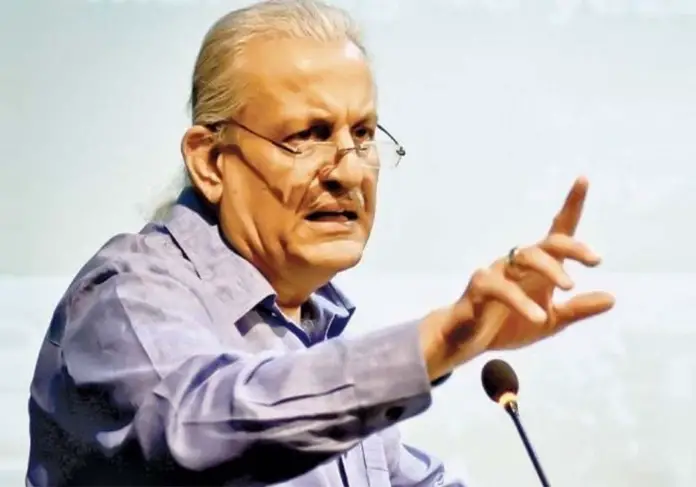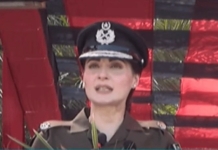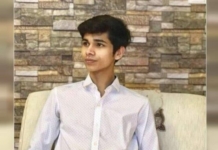PPP’s Senator Raza Rabbani on Tuesday suggested the formation of a parliamentary committee tasked with looking into the defence budget as he pointed out that the budgetary allocations for the military had never been considered for discussion in the parliament.
In the budget presented by Finance Minister Miftah Ismail on June 10, defence services were allocated Rs1,523 billion, which makes up 17.5pc of the total current expenditure and is 11.16pc higher than last year. In terms of expenditure, the defence budget is 16pc of the government’s planned total outlay – exactly the same as it was a year before. The declared increase in defence budget was in sharp contrast to the cuts in spending on the development sector (11pc), health (31pc), education (1.5pc) and housing (77pc).
The allocation makes up nearly 1.94pc of the GDP and 16pc of the total expenditure planned by the government for the next year. Speaking during the Senate session on Tuesday, Rabbani said he was aware of the sensitivity of the matter, adding that “the existing Parliamentary Committee on Defence must first see the defence expenditure that includes oil and related spending threadbare and once the [committee’s] confidence increases, the capital expenditure must also be looked into.”
He proposed that a parliamentary committee on intelligence be formed, with the authority to look into the defence budget, and noted that such committees exist all over the world. He was also of the view that Pakistan must not take dictation from the International Monetary Fund or the World Bank. The PPP senator said there were reports that the IMF was not happy with the “relief” given by the government in the budget for the fiscal year 2022-23.
“If the IMF is adamant on its condition then we must tell it that we will only consider the budget for approval that was actually presented,” Rabbani said. He recalled that the conditions agreed to with the IMF in 2018 included a hike in the prices of electricity, gas and petrol as well as privatisation of various organisations. While seeking the disclosure of the 2018 IMF agreement before the parliament, Rabbani said the incumbent government must enter into an accord with the global lending agency afresh. “It is disappointing to see that our national budget is not being drafted in the country for some time as the IMF gives a final shape to it,” he said.
Meanwhile, former Senate Chairman Senator Farooq Hamid Naek on Tuesday said that Pakistan Tehreek-e-Insaf (PTI) had registered false cases against all its political opponents during its government’s four years in power. Responding to an adjournment motion, he said that despite appointing judges and prosecutors of their choices, they (PTI government) could not prove even a single case against Nawaz Sharif, Shehbaz Sharif, Asif Ali Zardari, Faryal Talpur and others because they were only politically motivated cases.
Senator Naek said the changes in National Accountability Bureau (NAB) Ordinance were brought in order to bring reforms and control misuse of the organization. He asked the opposition to prove any section in the bill that says that the cases against the accused would stand withdrawn after its passage. Noting that the opposition is calling this bill National Reconciliation Ordinance-II, he said that none of the above accused would benefit from it.
He said it was totally a wrong concept and an attempt to deceive the public. He said the former PTI government had ruined the national economy and administration. He said that PTI only propagated against its opponents by using non-parliamentary and indecent language and this is not the proper way to bring reforms in the society. He urged the opposition benches to come on one platform to bring the country on the road to progress and prosperity as criticism only for political gains would not bring any change in the society.
He said former president Pervaiz Musharraf introduced the NAB law in 1999, bypassing the Parliament, and after the introduction of the law, the PPP leadership and its workers faced hardship. Earlier, opposition lawmakers had moved an adjournment motion to speak on the amendments in NAB laws. Senators Shibli Faraz, Faisal Javed, Ijaz Chaudhry and Leader of the Opposition in Senate Dr Shahzad Waseem claimed that the amendments in NAB laws were NRO-2.







